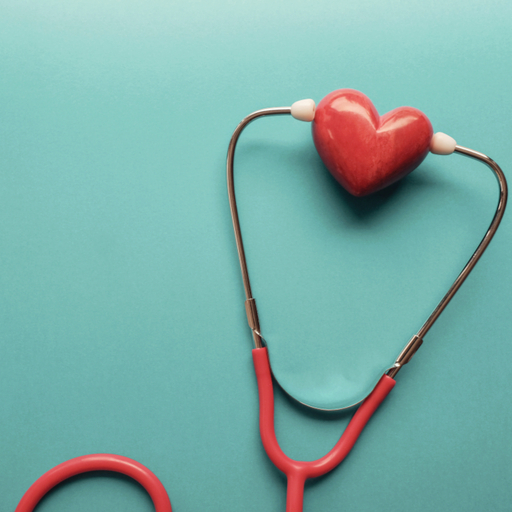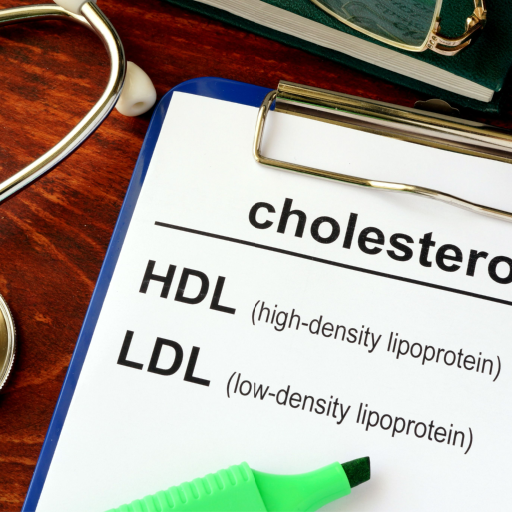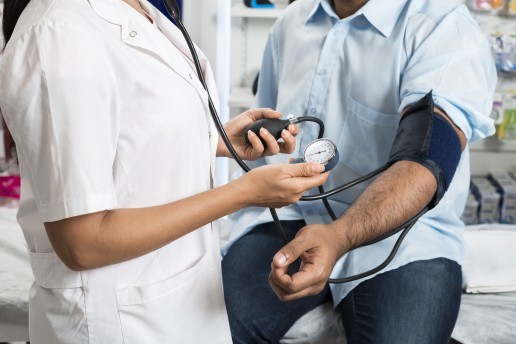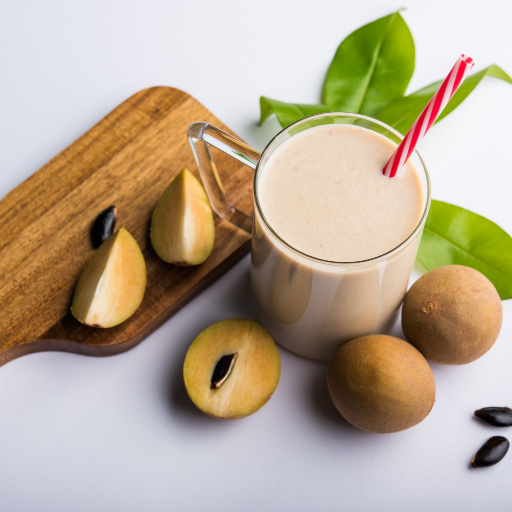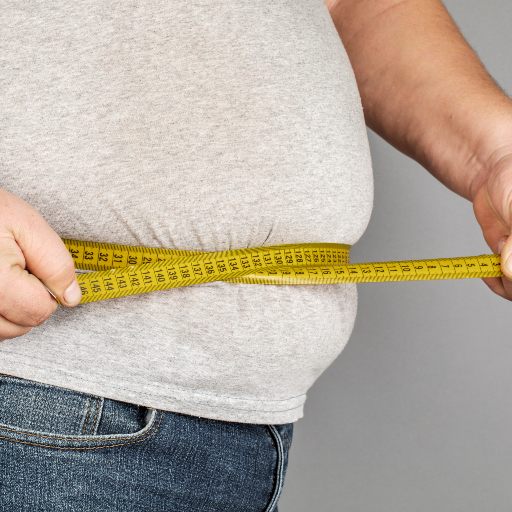World Hypertension Day is observed every year on the 17th of May to raise awareness about hypertension and high blood pressure-induced cardiovascular complications – how to detect, control, and prevent them.
What you need to know:

There is a reason why high blood pressure is called the silent killer. The symptoms are often camouflaged as routine tiredness, work pressure, tension, or exertion when you undergo hypertension. Since these signs are a common occurrence in your life, you do not pay much heed to them. At times, you may not even know you have hypertension. This is when heart complications take up an egregious shape.
Ignoring high blood pressure symptoms for a long time can prove to be fatal at a later stage, causing heart failure, aneurysms, dementia, or a stroke. Thus, it is imperative to take good care of your health and monitor the severity of your blood pressure.
What are the 4 early signs of high blood pressure?
Take a look at the following 4 early signs of high blood pressure which you should not ignore:

- Shortness of breath – Those who suffer from pulmonary hypertension quickly feel out of breath and face difficulties performing day-to-day activities. Sudden suffocation and tightening in the chest can indicate a stroke or heart attack.
- Blood spot in eyes – Untreated high blood pressure can affect your eyesight. Hypertension can damage the blood vessels in your retina, the area where images focus, enabling you to see. A red spot in the eye or sub conjunctival hemorrhage occurs due to increased blood pressure. In addition, excessive pressure on the artery walls can stretch your tissues, which can further damage your optical nerve if it is not timely treated. This eye disease is known as hypersensitive retinopathy.

- Dizziness – Sudden dizziness can be a warning sign of a stroke. Sensory changes, impairment of position or movement of the body, and decreasing visual keenness can leave individuals more susceptible to falling or losing balance. In addition, while suffering from hypertension, there can be a loss of oxygen supply to the brain causing sudden dizziness.
- Anxiety – High blood pressure can trigger anxiety, leading to heavy breathing or breathlessness, sweating, and trembling. Epistaxis or nose bleeds are common in hypertensive patients. Hypertension is not a direct cause of nose bleeds. However, anxiety and epistaxis can together increase blood pressure.
How to prevent hypertension?
On World Hypertension Day, lead a healthy lifestyle by following the below tips to prevent hypertension:

- Eat a healthy, nutritious, balanced diet rich in fiber, protein, vital minerals, and vitamins. Avoid foods high in sugar or salt, fried and oily foods, or processed foods.
- Watch your weight. Obesity and being overweight can cause high blood pressure. Eat smaller portions. If you want to measure your body mass index, you can refer to the online Body Mass Index Calculator.
- Refrain from smoking and drinking alcohol.
- Try to get in about 30 minutes of exercise a day, at least 5 times a week.
- Get 7-8 hours of proper sleep. Sleeplessness can cause irritability, restlessness, frustration, and stress, which point toward high blood pressure or hypertension.
For more information on mindfulness and nutrition, visit the Activ Living Page.





 1800-270-7000
1800-270-7000


